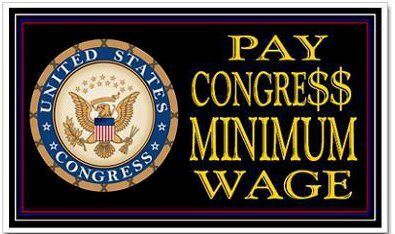 There was an interesting article about how two girls, aged 12 and 13, created a Facebook profile purportedly of another girl and then used it to make posts to humiliate and socially hurt the impersonated girl. The parents of the victim approached the local sheriff who conducted an investigation and learned the identity of the girls who now face felony charges.
There was an interesting article about how two girls, aged 12 and 13, created a Facebook profile purportedly of another girl and then used it to make posts to humiliate and socially hurt the impersonated girl. The parents of the victim approached the local sheriff who conducted an investigation and learned the identity of the girls who now face felony charges.
It’s an interesting case to me for a number of reasons. I had a conversation with a buddy about a year or so ago about this sort of situation that changed my mind. At first I argued that kids bully one another frequently and as long as it doesn’t get too physically violent it is just part of life. My friend pointed out that such behavior is not well tolerated in the adult world but more importantly that cyber-bullying leaves hard evidence behind.
Typical bully behavior from when I was a child would become a situation of he said/she said with evidence hard to come by. That is no longer the situation, as we see in this case. These young girls impersonated another person, not for financial gain, but to threaten third parties, reportedly from the first person, and otherwise cause social distress.
This is not an isolated incident nor is it a phenomenon restricted to young people. Small towns are undergoing an epidemic of such behavior via a social site called Topix. It is all pretty much like vicious gossip except, and this is important, there is hard evidence left behind. Evidence means legal remedies are more likely. People hurt by gossip, their business ruined, facing social ostracism, might well have legal recourse.
What’s the resolution? You know me by now, I’m not one to stand by and complain about a situation without offering solutions.
If you plan to break laws, be prepared to accept the consequences. If you say something bad about someone that might have real negative consequences to that person then there might be repercussions. Now, as to individual cases, I think they are best settled out of court with apologies, public confessions of wrongdoing, and parental punishment. I would argue that such resolutions are better for both the girls and the victim but I don’t presume to make decisions for those negatively affected. If they want to involve the police and the courts that’s their business.
Kids need to learn lessons and so do adults. If you tell a lie about someone that is potentially libelous or slanderous you might well face your day in court. Keep that in mind.
Tom Liberman
Sword and Sorcery fantasy with a Libertarian Twist
New Release: The Hammer of Fire

















